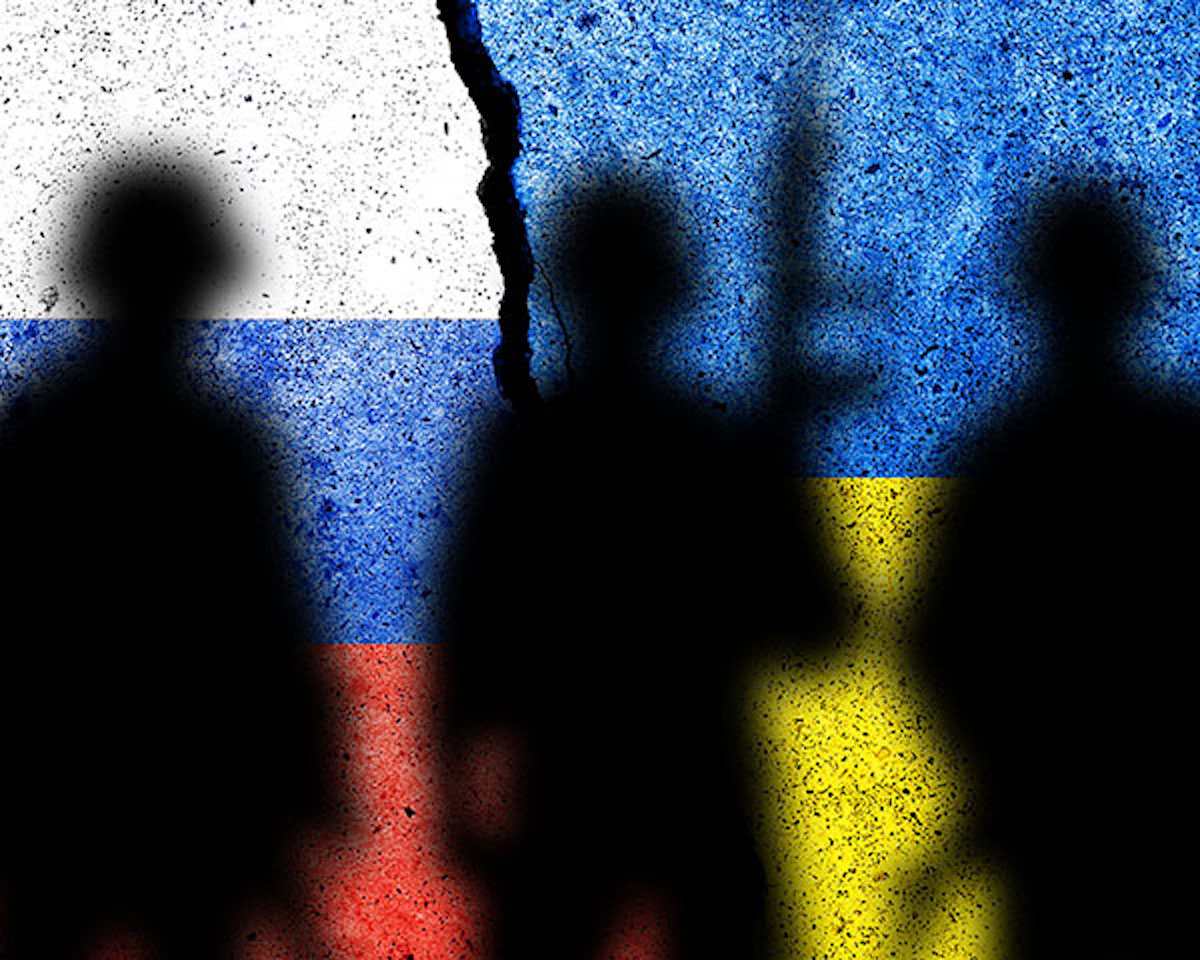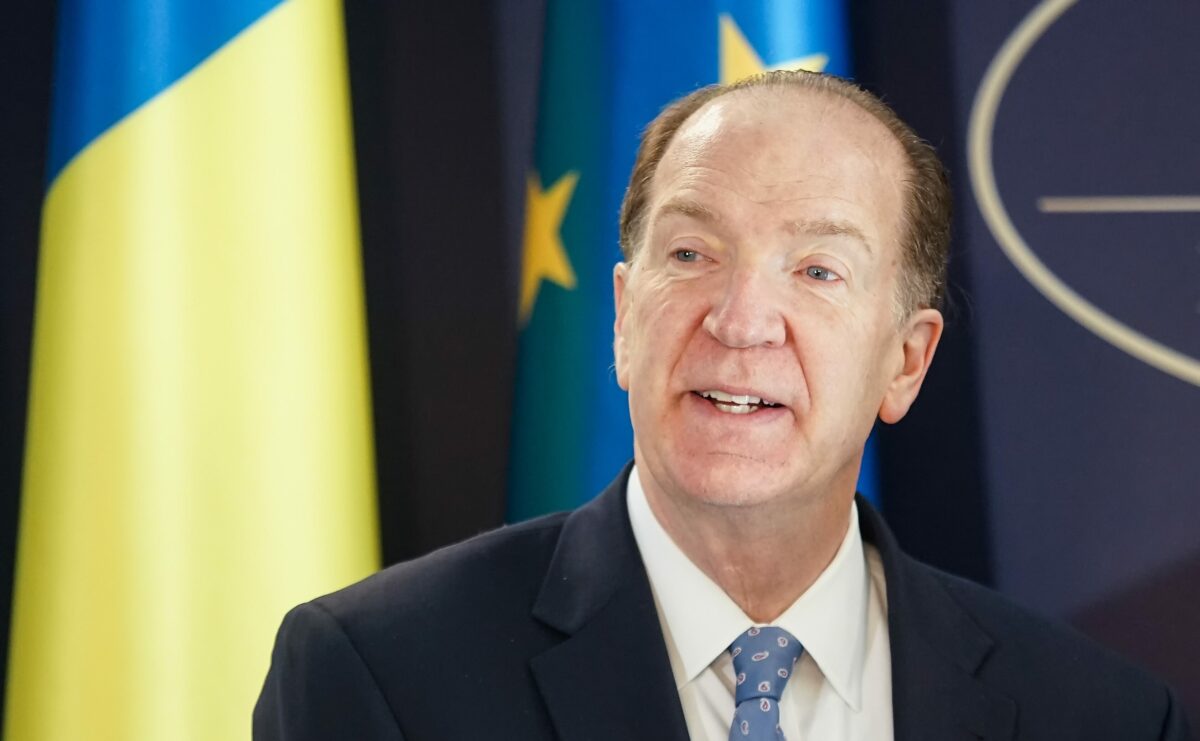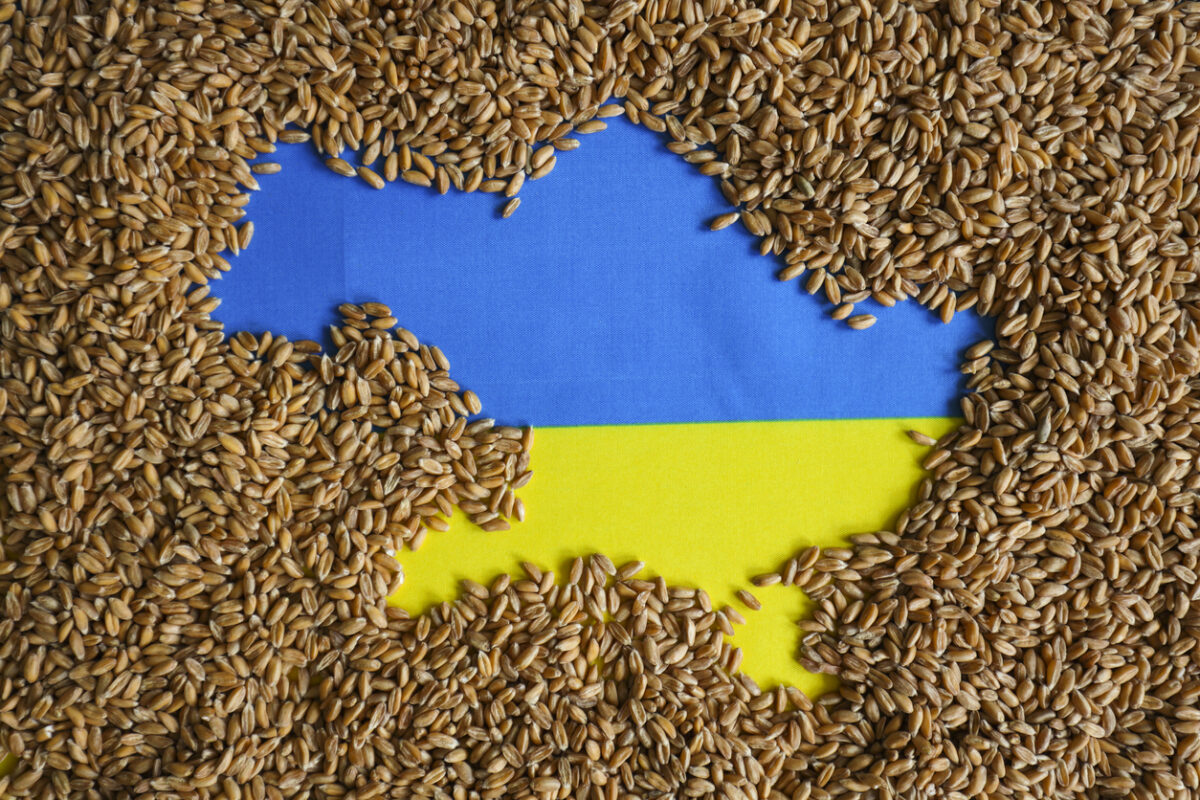World Food Programme facilitates first shipment of Russian fertiliser to Africa since war outbreak

Russian fertiliser companies Uralchem and Uralkali have agreed to supply 260,000 MT of fertiliser to countries in need in Africa, the UN World Food Programme (WFP) has revealed.
A preliminary shipment of 20,000 MT of NPK (nitrogen, phosphorus and potassium) fertiliser will be loaded onto a WFP-chartered vessel next week and will sail from the Netherlands to Mozambique, followed by Malawi.
The WFP, the governments of Malawi, Mozambique and the Netherlands and the European Union collaborated to facilitate the shipment.
It is hoped the delivery will help tackle the growing ‘global fertiliser market crunch’, which is impacting farmers in the developing world the hardest.
Global access to fertilisers has been limited since the outbreak of war between Russia and Ukraine earlier this year. Russia, the world’s largest producer of fertiliser ingredients, has paused and restricted exports of the chemicals throughout the conflict.
The product has been especially difficult to source for poorer nations, where high input costs are already pricing many smallholder farmers out of production, says the WFP. Access to fertiliser was already a problem before the onset of the war, with a worldwide shortage beginning at the end of 2021.
News of the fertiliser shipment comes following the signing of two agreements earlier this year in Istanbul to resume the delivery of food and fertilisers from Ukraine and Russia.
While the deal was supposed to last through to 19 November, Russia halted its participation in the deal at the end of October, citing Ukrainian attacks on its military and civilian ships in Sevastopol. Though it has now resumed the agreement, no plans have yet been made to extend the deadline.
While the first shipment is focussed on helping East Africa, a ‘Save Crops Operation’ initiative – launched by the French government in September in collaboration with the nation of Senegal, multiple UN bodies and the European Union – hopes to enable the delivery of the remaining fertiliser and other essential inputs to West Africa later this year.
Find out how the war in Ukraine has affected the food industry so far in this Food Matters Live Podcast episode:








